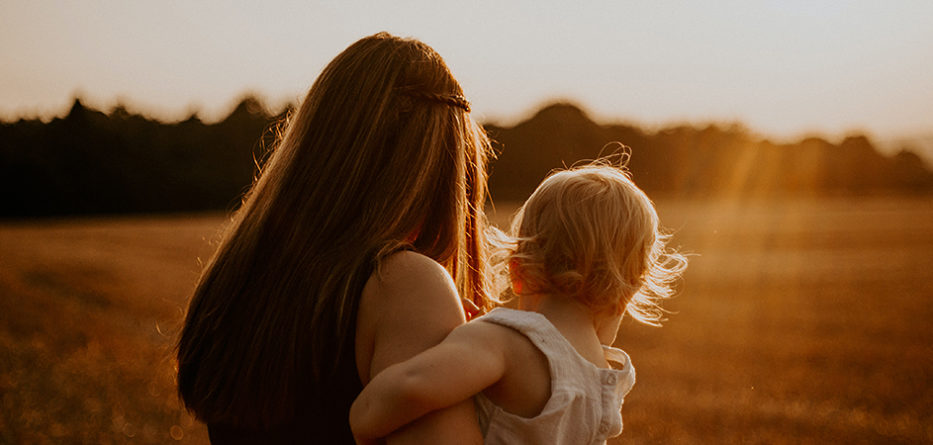With Mother’s Day upon us, it’s the perfect time to reflect on all the things that mums do, as well as all the types of mums there are. Sometimes, we take mothers for granted, but they hold so much in their hands. With all the responsibilities of motherhood, it’s no wonder that we revere them as we do.
What is a Mum?
A mum can include a broad range of people. Of course, we immediately think of a biological mother when we consider our mums, but there is more than that. Some women take children into their homes and provide foster care for them. They do more than just give them care though — they serve as a mum to them.
Also, other women adopt children and become their adoptive mums. Then there are step-mums who fill in for biological mums in certain scenarios: grandmothers and mothers, but just a generation older. No matter what category of mother you fall into, your role is essential in your family’s life. They say the mother holds the home together. A good mum gives herself for her children, always making their needs a priority.
History of Mother’s Day
The history of Mother’s Day stems back to ancient times. The ancient Greeks and Romans would have celebrations of mothers and motherhood. The people would have festivals in honour of the mother goddesses Rhea and Cybele. The more recent celebration of Mother’s Day is the early Christian festival called the “Mothering Sunday.”
Over the years, the Mothering Sunday tradition became more of a secular holiday, with children bringing presents like flowers, candy, and so on to their mothers. Over time, this custom became less popular.
In Australia, Janet Heyden began the tradition of celebration by visiting and helping the lonely elderly mothers at a hospital. She encouraged the public to donate gifts for women at the hospital. Many of these women had lost their husbands in the war.
Australia first celebrated Mother’s Day in 1924. It’s recognised on the second Sunday in May.
Issues mothers face
Although a mother is celebrated and has one of the most cherished positions in society, she also has a lot of stressors in life. Mothers face unique challenges that can put them at risk for mental and emotional health issues. One such challenge is that of postnatal depression.
Postnatal depression can occur in some women after giving birth to a baby. In fact, up to one in seven women may have this condition. It usually happens between one month and one year after the baby is born. Symptoms may include:
- Depression
- Feelings of guilt
- Anxiety, especially as it concerns being alone or going out with the baby
- Insomnia
- Feelings of hopelessness
- Tiredness
- Extreme worry about the baby.
This isn’t the only problem that mothers may endure. Often when a mum goes through a separation or divorce, there is a myriad of difficulties. Not only is there emotional pain, but many women find it challenging to balance the financial issues at the same time as caring for the children. Usually, the mum becomes the primary caregiver, leaving her with a heavy load.
Finally, another issue that faces some mothers is domestic and family violence. According to the Australian Institute of Health and Welfare, one in six women have experienced some form of violence by a current or previous partner. Women groups at higher risk include:
- Indigenous women
- Young women
- Women with a disability
- Pregnant women
- Women with financial difficulties
- Women trying to leave their partner.
To all the mothers and mum figures, thank you. You are amazing.
This Mother’s Day, if you are struggling, you can reach out for help today. Call CatholicCare Western Sydney and the Blue Mountains on (02) 8843 2500 or visit https://ccss.org.au/.
Reproduced with permission from CatholicCare Diocese of Broken Bay.








